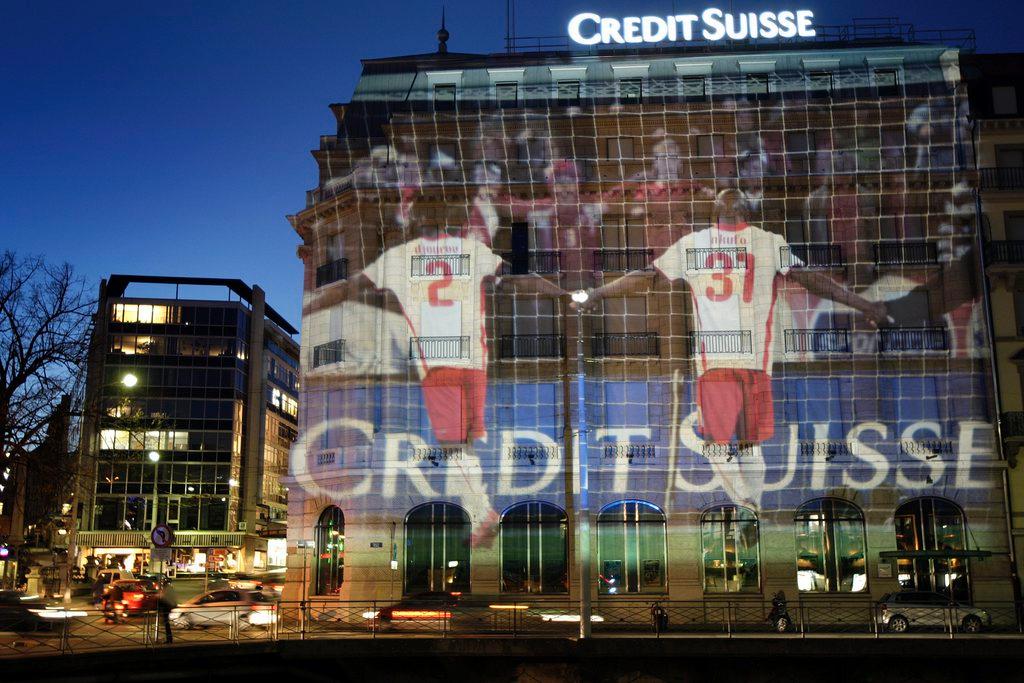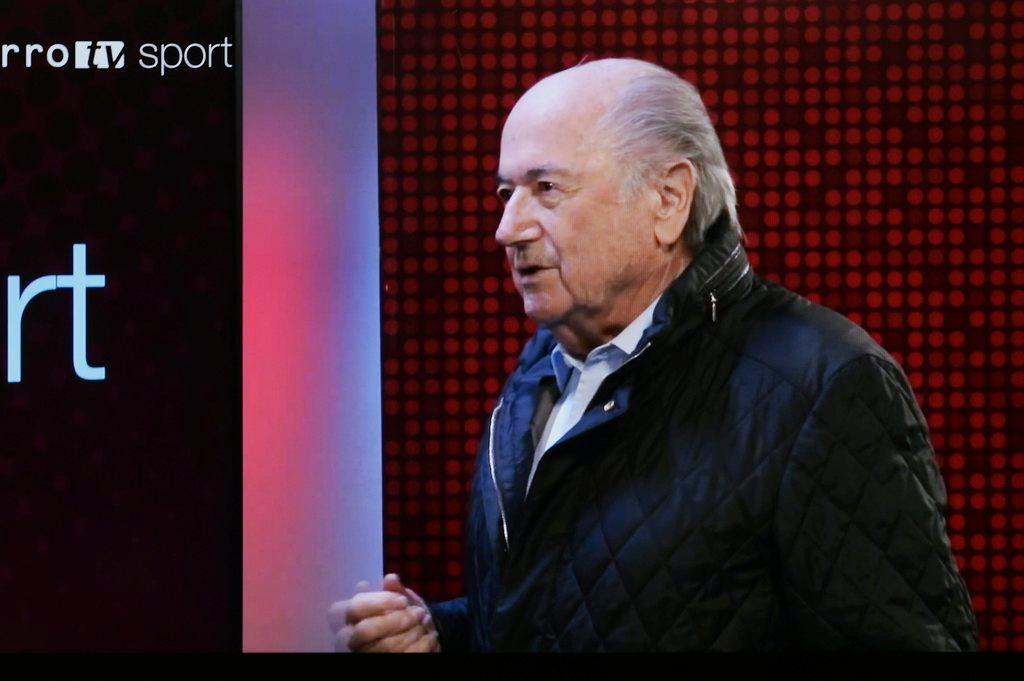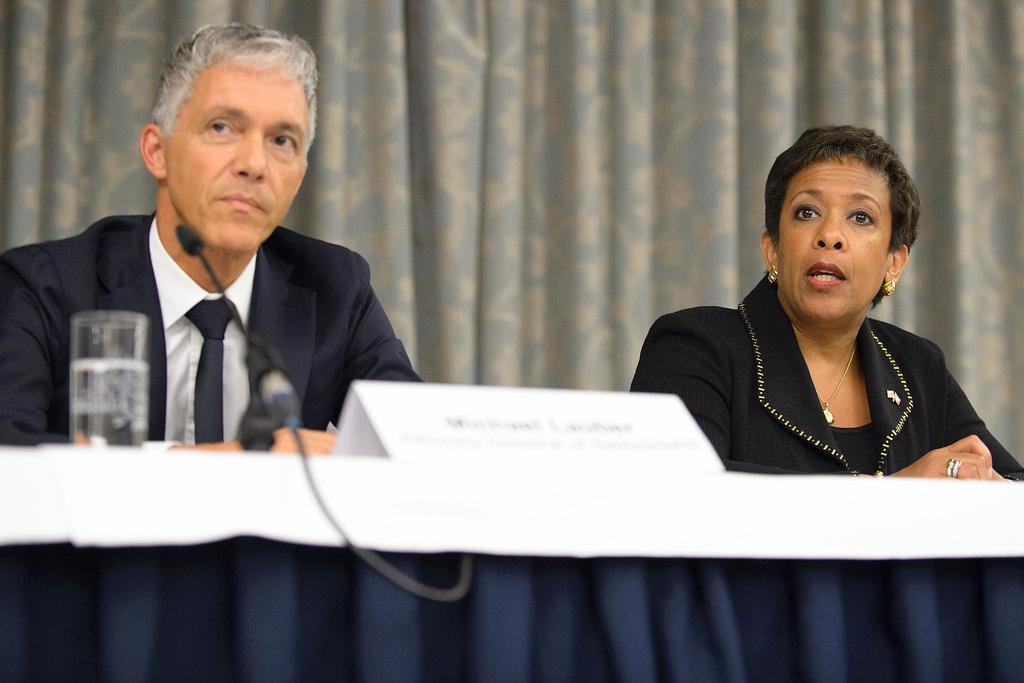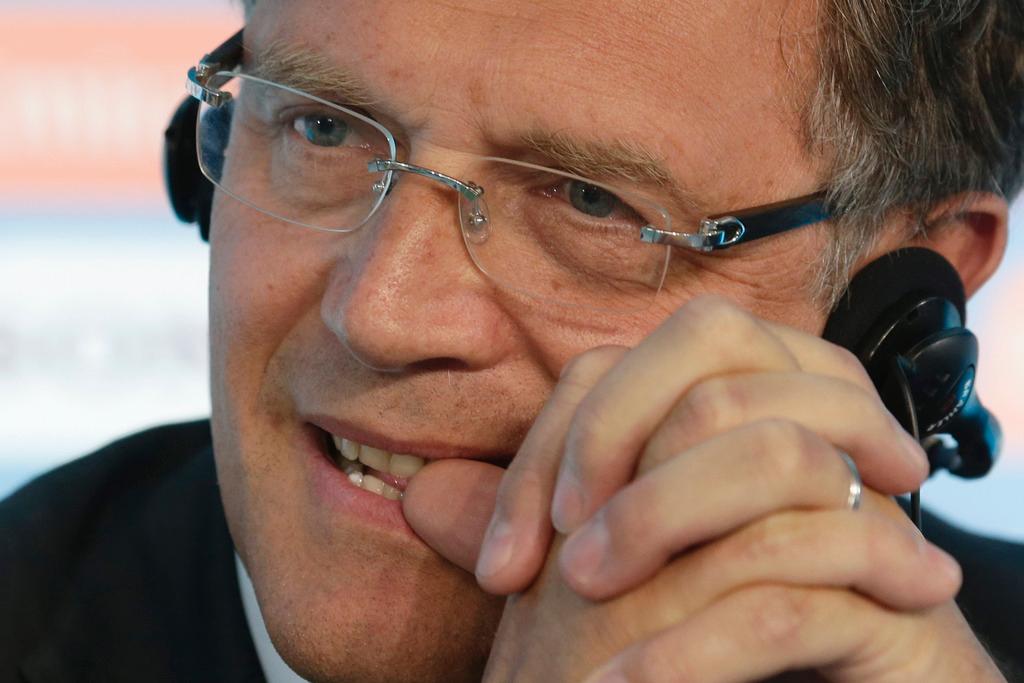Credit Suisse under US and Swiss scrutiny over FIFA

Swiss banking giant Credit Suisse has admitted receiving enquiries from American and Swiss authorities concerning links to FIFA officials accused of bribery and corruption.
In a small paragraph tucked into its third-quarter financial report released on Friday, Credit Suisse became the first bank to reveal that it was being investigated in the FIFA corruption case.
Bank transactions receiving special attention involve individuals and entities associated with football’s governing body “including but not limited to certain persons and entities named and/or described in the May 20, 2015 indictment filed in United States v. Webb”.
The Swiss and US authorities are probing the bank for any evidence of handling improper financial transactions or turning a blind eye towards money laundering activities by FIFA officials.
The Swiss bank is apparently not the only one facing scrutiny over FIFA financial transactions.
“The US and Swiss authorities are investigating whether multiple financial institutions, including Credit Suisse, permitted the processing of suspicious or otherwise improper transactions, or failed to observe anti-money laundering laws and regulations, with respect to the accounts of certain persons and entities associated with FIFA,” stated the bank, adding that it was “cooperating with the authorities on this matter”.
‘Gentleman’s agreement’
Also on Friday, former FIFA president Sepp Blatter cast further doubt on the integrity of World Cup votes, blaming UEFA president Michel Platini for scuppering a secret FIFA pact to award the 2022 tournament to the United States and suggesting Qatar benefited from collusion.
In an interview with the Financial Times, Blatter suggested Platini was in on a “gentleman’s agreement” to back the United States over Qatar in the 2022 vote, which also featured Australia, South Korea and Japan, and to give Russia its first World Cup in 2018 over bids from England, Spain-Portugal, Belgium-Netherlands.
“It has been agreed: let’s go to the two superpowers in the vote for the World Cup – let’s go to Russia and let’s go to the United States,” he told the newspaper.
Blatter said it was “diplomatically arranged” to go to “big markets” to assist sponsors and media partners. But one week before the December 10 vote, Blatter said Platini told him: “I am no longer in your picture because I have been told by the head of state that we should consider the situation of France.”
Blatter’s recollection is at odds with Platini’s assertion that a meeting in Paris with then-President Nicolas Sarkozy and Qatar’s crown prince, now Emir, Tamin bin Hamad al-Thani did not influence his vote for Qatar less than two weeks later.
Blatter, though, insists that the voting pact was “changed by the governmental interference of Mr. Sarkozy … and then [Platini] has brought some other voters with him”.
“At the end we were in a situation where nobody understood why the FIFA World Cup 2022 was now going to one of the smallest countries in the world.”
The FT noted that one month after Qatar won the right to host the World Cup, it said it was evaluating the purchase of French Rafale jet fighters.

In compliance with the JTI standards
More: SWI swissinfo.ch certified by the Journalism Trust Initiative




You can find an overview of ongoing debates with our journalists here. Please join us!
If you want to start a conversation about a topic raised in this article or want to report factual errors, email us at english@swissinfo.ch.